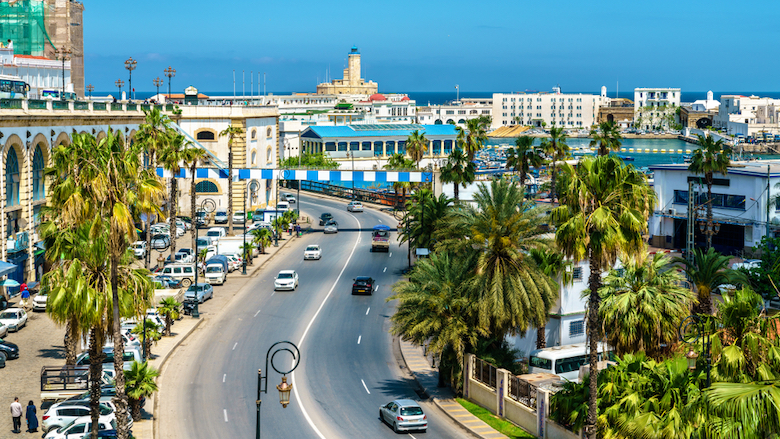The Algerian economy contracted sharply in 2020 due to measures to contain the pandemic and a significant fall in hydrocarbon production, contributing to a major deterioration of the twin deficits. Swift lockdown measures have helped contain the pandemic, while the vaccination campaign was launched in January. To support the recovery, authorities have announced a longstanding economic reform effort to transition to a private sector-led economic model, reduce severe macroeconomic imbalances and protect the livelihoods of Algerians.
Recent Developments
Amid COVID-19 containment measures and a contraction in hydrocarbon output, real GDP in Algeria is expected to have contracted by 5.5% in 2020. The hydrocarbon sector is expected to have declined by 8.5%, led by a sharp fall in crude oil production, to below Algeria’s OPEC production quota. Although complete national accounts data beyond Q1-2020 remain unavailable, non-hydrocarbon GDP is expected to have fallen by 4.4% in 2020. After moderate declines in Q1, the contraction in production, consumption and investment worsened in Q2.
Outlook
To date, the pace of the vaccination campaign suggests that partial containment measures could remain in place until 2022. Falling employment and firm revenues, and low consumer and business confidence, could limit private consumption and investment. The planned increase in public investment will support growth, although project costs will increase, in line with import prices. Hydrocarbon production and exports are expected to recover, supported by higher global demand and oil prices, but the partial recovery in imports will limit the reduction in the current account deficit. The overall budget deficit should remain elevated in 2021 and 2022 despite a recovery in hydrocarbon revenues.

